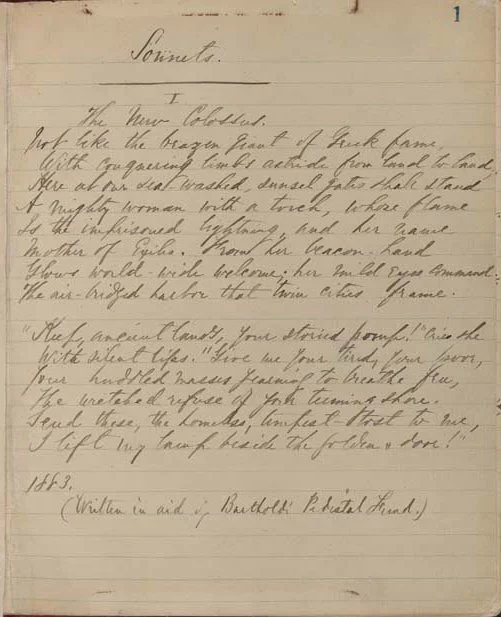No New Colossus
/In an unwelcome callback to the start of Trump’s current administration, Chekhov’s refugees are back in the spotlight, with America slamming the door on anyone else. In case you forgot (which, following recent news, is understandable), only 7,500 people, a historic low, will be granted refuge this year, with most being White Afrikaners.
Is there actually a genocide against the Afrikaners?
It shouldn’t need to be said, but no, there is zero evidence that the South African government is actively genociding or persecuting Afrikaners. There is zero benefit to the oppression of White South Africans, and it actively goes against the state’s principle of racial harmony.
I thought mobs lynch mobs were raiding Afrikaner farms?
That claim has been disproven since 2003.
Currently, the accepted motive for most farm attacks is theft and robbery done by gangs against unarmed farmers. And while yes, most of the victims of these attacks are Afrikaners, that also fails to account for the fact that Whites own 74% of farms in South Africa. Furthermore, this argument omits the fact that only 7% of farmland is owned by Native Africans. Afrikaners aren’t victims of mass racial targeting; it’s just probability making it seem so. Even then, most murder victims are African.
But what about the land seizures? Aren’t farmers getting their land stolen?
Ignoring the fact that every country, especially the United States, allows land to be seized for public use, that claim vastly simplifies the history of the issue.
As far back as 1913, the White Controlled South African government established anti-Native laws forbidding Africans from buying land from settlers, a whole 35 years before the start of Apartheid. The adage of sale prohibitions, combined with forced migration, led to devastating results. By its peak, the government forced over 70% of the whole country (All of whom were African) to live in only 13% of the land.
These Bantustans (regions where Native Africans were deported to) were set up as semi-nation-states where the local people ran the area. The problem is that the land was useless; these communities often found themselves forcefully settled in infertile, resourceless rural bushlands. Of course, that didn’t mean the Bantus couldn’t work for white business owners; all they had to do was leave their families on the reserve and become visitors in their homelands. After 78 years of forbidding free trade between races, land was finally able to be sold in 1991.
Unfortunately, just because the land is available for sale, it doesn’t mean everyone can afford it. Decades of limited access to education, entrepreneurship, and even actual bans on high-skilled labour have resulted in long-lasting wealth disparity to this day.
Recently as of last year with the passing of the Expropriation Act 2024, the reasons for transferring private land into public land broadened for land redistributions. That’s it. Eminente domain, but with outlines to distribute land to the Africans. Furthermore, any land distribution is available only to those whose ancestors were indigenous to the area, granting more Africans access to entrepreneurship.
Then, where did the critiques come from?
The controversy began when critics pointed out the “nil compensation” guidelines. Effectively, the law permits the government to seize land without compensation following certain conditions. The requirements are that the land is either abandoned or excessively overpriced to be considered, clarifying that any seizure of land used for business or residence requires compensation.
Following His re-election, the intentional misinterpretation of the act has spiked into mainstream with White Supremacists, Elon Musk (A White South African Nepo Baby), and the President himself, pushing the narrative. By May, the first arrival of “refugee seekers” arrived, depositing 53 primarily Dutch South Africans into the nation. To reiterate, the United States has limited the maximum number of refugee seekers to 7,500 and ignores real genocides in real conflicts.
The American Colossus has turned its back on the tired and poor, as the huddled masses must look for new homes.




